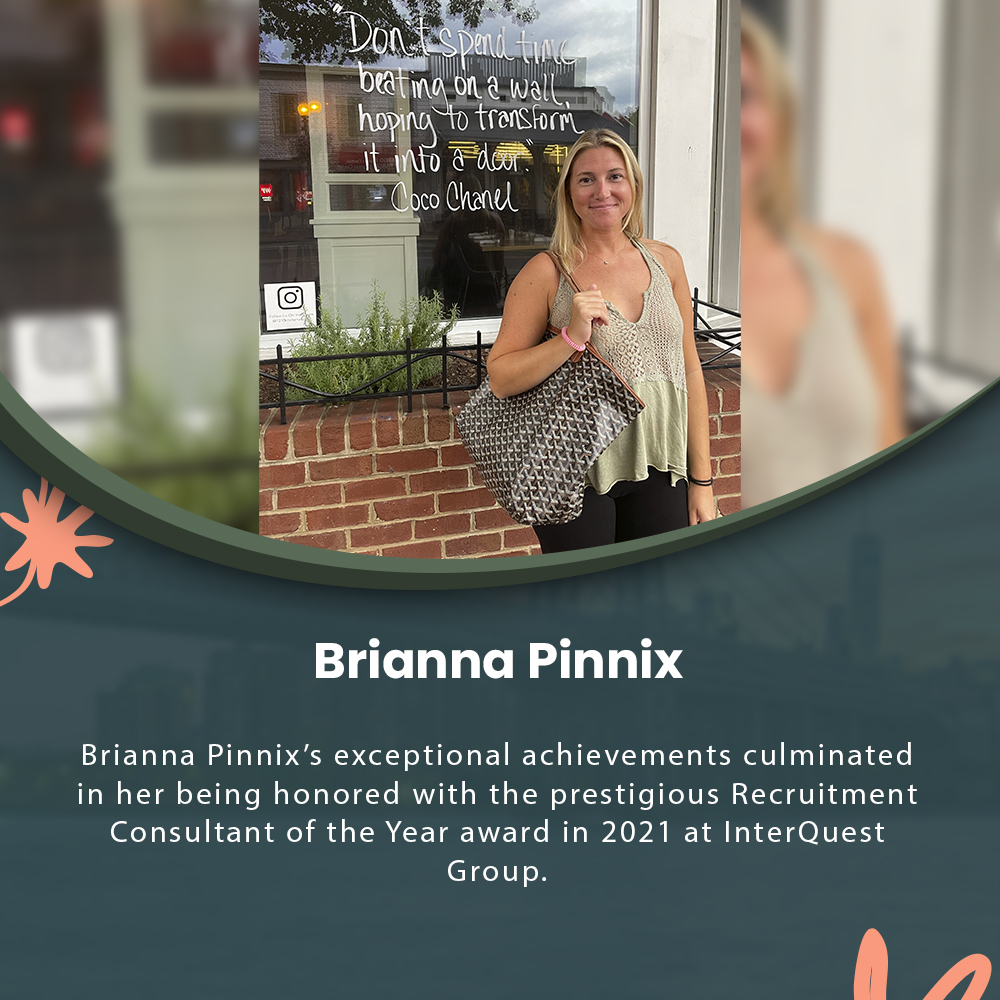
In today’s competitive job market, talent acquisition has become a crucial task for organizations seeking to stay ahead. Finding the right candidates quickly and efficiently is a top priority, and this is where artificial intelligence (AI) is proving to be a game-changer. AI is transforming the talent acquisition process by automating various aspects, enhancing decision-making, and ultimately helping companies build stronger teams. In this article, we will explore the significant role of AI in streamlining talent acquisition.
Automating Resume Screening
One of the most time-consuming aspects of talent acquisition is the initial screening of resumes. HR professionals often spend countless hours sifting through stacks of resumes, trying to identify the most qualified candidates. AI-driven resume screening tools are changing the game by automating this process. These tools use natural language processing (NLP) algorithms to analyze resumes, identifying key qualifications, skills, and experience relevant to the job. This automation not only saves time but also reduces the chances of overlooking qualified candidates.
Enhancing Candidate Sourcing
Finding suitable candidates is a daunting task. AI-powered tools can assist in sourcing candidates by scouring various online platforms, job boards, and social media networks. These tools can target potential candidates based on specific criteria, such as skills, location, and job history. By automating candidate sourcing, organizations can cast a wider net and reach candidates who might have been missed through traditional methods.
Streamlining Interview Scheduling
Coordinating interviews can be a logistical nightmare. AI-driven scheduling tools can simplify this process by analyzing the availability of interviewers and candidates, taking time zones into account, and suggesting the most suitable interview slots. This not only reduces scheduling conflicts but also improves the overall candidate experience, demonstrating the organization’s efficiency and professionalism.
Conducting Structured Interviews
AI can also play a role in the interview process itself. Chatbots and virtual assistants can conduct structured interviews with candidates, asking predefined questions and recording responses. These AI-driven interviews can help standardize the evaluation process, ensuring that all candidates are assessed consistently. Moreover, AI can analyze the interview responses, identifying patterns and ranking candidates based on their suitability for the role.
Predictive Analytics for Hiring Decisions
One of the most significant advantages of AI in talent acquisition is its ability to make data-driven hiring decisions. AI algorithms can analyze historical hiring data to identify patterns of success within the organization. By examining factors such as skills, experience, and cultural fit, AI can predict which candidates are more likely to thrive in a particular role. This predictive analytics approach reduces the risk of making poor hiring decisions and can lead to stronger, more productive teams.
Improving Diversity and Inclusion
Diversity and inclusion are essential components of a successful workforce. AI can help organizations enhance their diversity by reducing bias in the hiring process. By removing personal information such as names, genders, and photos from initial candidate profiles, AI-driven screening tools can focus solely on qualifications and skills. This approach helps ensure that candidates are evaluated based on merit rather than demographic factors.
Continuous Learning and Development
AI doesn’t stop once a candidate is hired. It can also support ongoing learning and development. AI-powered learning platforms can personalize training programs for employees, tailoring content to their specific needs and career goals. This not only helps employees grow within the organization but also contributes to employee retention.
Artificial intelligence is revolutionizing the talent acquisition process in numerous ways, from automating resume screening to making data-driven hiring decisions. By leveraging AI technologies, organizations can streamline their recruitment efforts, save time, reduce bias, and build stronger, more diverse teams. As AI continues to advance, its role in talent acquisition will only become more significant. Embracing these technological advancements is not just a choice but a necessity for organizations aiming to thrive in the modern job market.